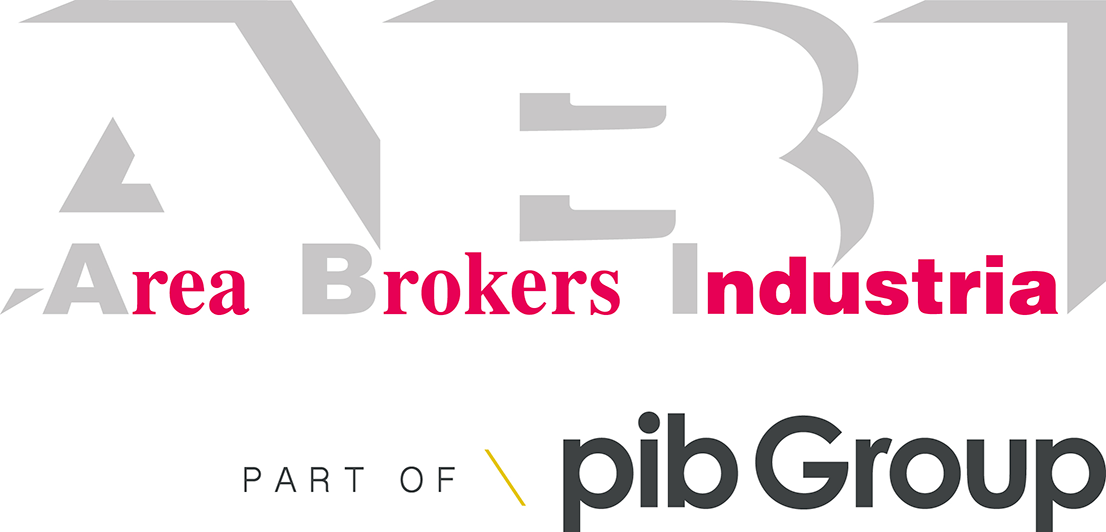ACCIDENT POLICY
The accident policy is intended to financially protect the family from major accidents that could undermine family peace of mind, and in particular:
-
- Ensure the economic security necessary for the livelihood of survivors;
- Ensuring that children can still complete their study or work projects;
- Provide economic security for a dependent family member should he or she be left alone;
- Ensure the ability to honor ongoing financial commitments (mortgages, loans or other).
The main insurance guarantees of Contracts:
-
- Case Death;
- Permanent Disability from Accident;
- Permanent Disability from Illness;
- Death and Disability from any cause;
- Reimbursement of medical and hospital expenses following injury or illness;
- Per diem, in case of absence from work due to injury;
- Per diem for hospitalization and convalescence;
- Long Term Care (i.e., coverage for an onset of loss of self-sufficiency).
FOLLOW UP SOME CLARIFYING QUESTIONS.
Because health is an important asset, and taking out an Accident policy allows you to protect your assets and safeguard your family income even if the contribution of one of your household members should fail as a result of serious injury or death.
An accident is considered to be an event due to a fortuitous, violent and external cause that produces objectively ascertainable bodily injury, the result of which is death or permanent disability.
An illness is considered to be any alteration in the state of health of the Insured, not dependent on an accident.
Permanent disability due to illness is considered to be the diminished ability to work or the permanent and irreversible loss of the ability itself to any gainful occupation, regardless of the specific profession exercised by the Insured.
Everyone’s life is different both in the sense of activities and health, but what we have in common is that just as as as children we need to be cared for by our parents, so in later life, except in special cases, we are in need of assistance if not able to be self-sufficient.
The LTC (long term care) policy provides precisely for the payment of an annuity that can meet the costs of care in the event of the insured’s non-self-sufficiency if he or she is unable to perform, on a presumably permanent basis, at least 4 out of 6 of the ADLs (Activities of Daily Living) defined below, even with the help of mechanical means.
The definition of Non-self-sufficiency status takes into consideration the following ADLs:
-
- moving around the room: the insured, despite the use of crutches or a wheelchair, requires the help of another person for his or her mobility;
- Getting up and getting into bed: the insured person is unable to go to bed or leave the bed without the help of another person;
- Dressing and undressing: the insured is unable to dress or undress without the help of another person, despite the use of suitable clothing;
- consuming food and drink: the insured is unable to eat and drink without the help of another person, despite the use of suitable cutlery and drinking vessels;
- Washing, combing, and shaving: the insured must be washed, combed, and possibly shaved by another person, being unable to perform the necessary body movements;
- physiological functions: the insured requires the help of another person because he or she is not independently able to perform normal physiological functions and all acts of elementary personal hygiene. In the case of only one incontinence (either of the bowel or bladder) compensable by the use of sanitary pads, the state of Non-self-sufficiency referred to in this section does not exist.
Family members are considered to be the spouse (or cohabiting partner) and cohabiting children.
-
- Asphyxia not of morbid origin;
- poisonings;
- affections resulting from animal bites or insect or arachnid stings;
- drowning;
- Frostbite or freezing;
- the electrocution;
- sunstroke;
- Injuries (excluding heart attacks) caused by muscle strain having a traumatic character and hernias;
- Injuries resulting from civil commotion, acts of terrorism, vandalism, and attacks;
- Injuries resulting from sickness or unconsciousness;
- Injuries resulting from recklessness or negligence, including gross negligence;
- accidents resulting from the use or driving of mopeds and motorcycles of any displacement, tractors and self-propelled agricultural machinery, motor vehicles and watercraft, underwater means of locomotion;
- injuries resulting from the non-professional practice of any sport, with the exception of parachuting and air sports in general;
- injuries sustained as a result of natural disasters consisting of earthquake, tidal wave, volcanic eruption, flood, inundation and related phenomena;
- injuries resulting from alcohol abuse, with the exclusion of those sustained while driving vehicles and/or watercraft in general.
A claim must be reported within three days (but as soon as possible) from the day the injury occurred. It is necessary to inform the insurance company of the details and dynamics of the accident: time and date, place, occupation at which the insured was waiting, the presence of any witnesses and the possible intervention of Authorities.
Thereafter, relevant medical records must be submitted to the insurance company until the healing stage. In the event that as a result of the accident there were residual sequelae of permanent disability, it is necessary to produce a medico-legal report proving the percentage of disability. The company will then subject the insured to a medical examination by its fiduciaries to validate the extent of the damage.
19% of the gross premium up to a maximum of €1,291.14 is deductible
Yes, except for injuries resulting from expressly excluded situations, such as engaging in dangerous sports such as skydiving.
